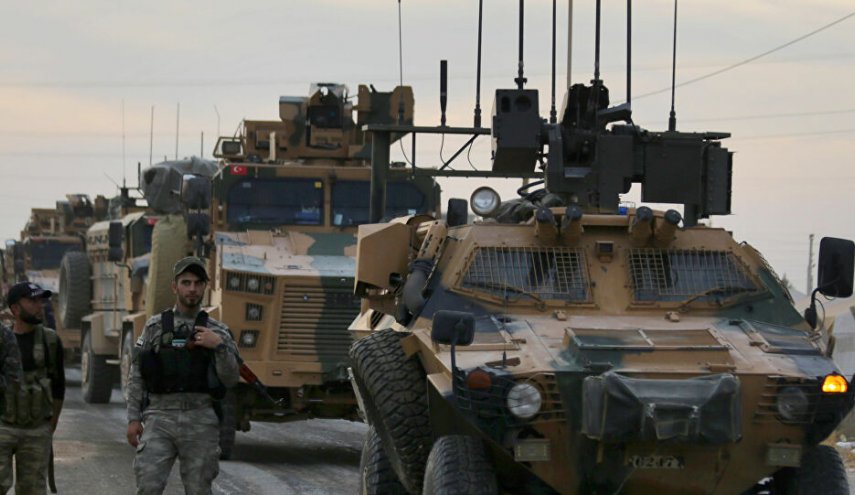Autonomous Administration in Sinjar waiting for Baghdad’s answer to Turkish threats
ERBIL, KRG, Iraq (North Press) – Faris Harbou, a member of the Relations Committee of the Autonomous Administration in Sinjar district (Shengal), called on the Baghdad government to take a position on Turkish violations in the country, and indicated that the Turkish military presence is a violation of Iraqi sovereignty.
On Sunday, Turkish Defense Minister Hulusi Akar announced the end of Operation Eagle Claw-2, launched by the Turkish army in the Kurdistan Region of Iraq (KRG).
The announcement of the end of the operation comes after a field tour by Akar and Turkish military commanders on Saturday, in the Turkish state of Sirnak on the border with the region.
Turkish threats to occupy areas in Iraq are a violation of Iraqi sovereignty and its constitution, and an indication of its lack of respect for the protocol and the laws of neighboring countries, Harbou said in a statement to North Press.
[The Turkish state] deployed into the area at a depth of 40 km, in addition to the camps, such as Bashiqa area in the Nineveh governorate.
Harbou commented on the Iraqi position, saying, “Unfortunately, the Iraqi government has not taken an official position or any position worth mentioning to stop the Turkish attacks.”
A member of the Relations Committee in the Autonomous Administration said that the administration in Shengal appeals to all Iraqi authorities, institutions, forces, and leaders to take a stand against the Turkish attacks and their ongoing threats.
He pointed out that the Turkish threats are based on flimsy arguments, and that Kurdistan Workers’ Party (PKK) announced its withdrawal from the area in 2018 after it finished its duty to defend the region.
He added that these actions by Turkey reveal Ottoman expansionist ambitions to occupy Mosul, Kirkuk, and other areas.
“The Turkish state wants to impose its influence on the oil pipeline (Basra – Mosul – Syria), and the threat to Sinjar comes within this framework as a strategic area,” he added.
On Sunday, the Iraqi Joint Operations Command emphasized the absence of armed presence in Sinjar, while noting that security in the district is run by the Iraqi army, local police, and national security.
Tahsin al-Khafaji, a spokesman for the Joint Operations Command, said in a statement to the official Iraqi News Agency that “the Commander-in-Chief of the Armed Forces, Mustafa Al-Kazemi, had instructed earlier that the district of Sinjar be free of armed presence.”
He stressed that there are currently only Iraqi army, local police, and national security forces in the district, while Federal Police forces are present in the border areas and outside the city of Sinjar.
“Sinjar district is currently empty of any party or political entity that takes charge of security in the city, with the exception of the security system of the federal government,” he added.
Al-Khafaji pointed out that the security forces are working according to the directives of the Commander-in-Chief of the Armed Forces to ensure security in the district in order to facilitate the return of the displaced.
Al-Khafaji’s statement came as a response to Turkish threats to launch an operation on the Yezidi-majority region, which witnessed a genocide by the Islamic State (ISIS) in the summer of 2014.
On Saturday, head of the Shi’ite-majority Fatah Alliance coalition Hadi Al-Amiri said in a statement that there is confirmed intelligence that the Turkish army has the intention to attack Mount Sinjar. “Therefore, the Turkish government must stop these hostile practices that do not serve the interests of the two countries, but will greatly affect these international relations,” he added.
“We expected the Turkish government to completely withdraw from Iraqi lands, whether from Bashiqa or from the border strip it recently occupied, not to undertake further occupation.”
Amiri called on the Iraqi government to take all necessary measures to deter any aggression on Iraqi lands, the Iraqi armed forces and the Popular Mobilization Forces.

